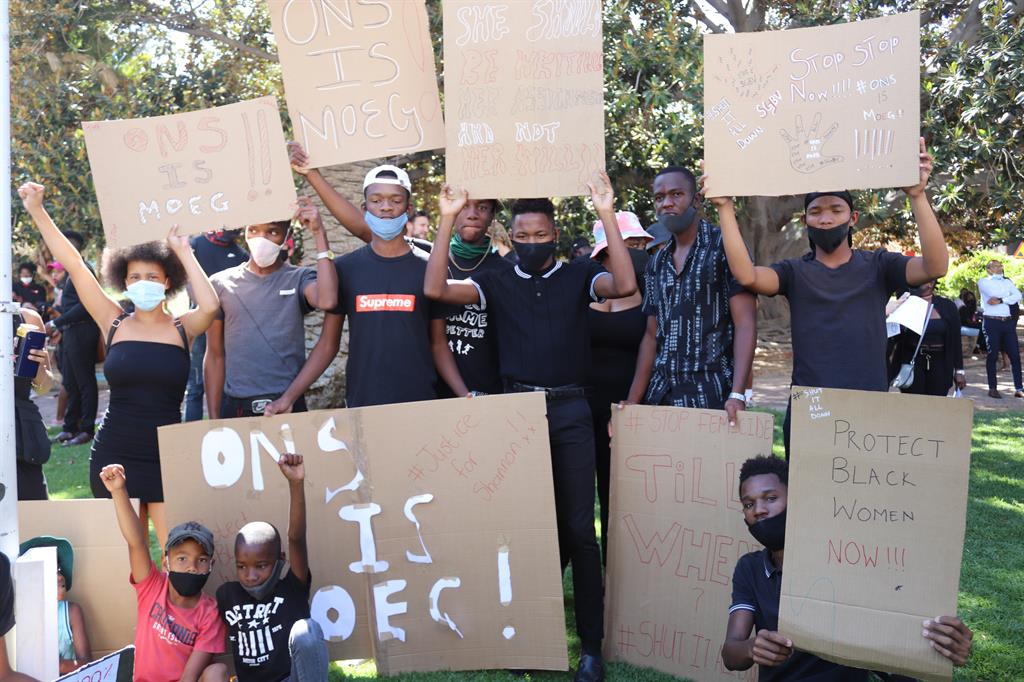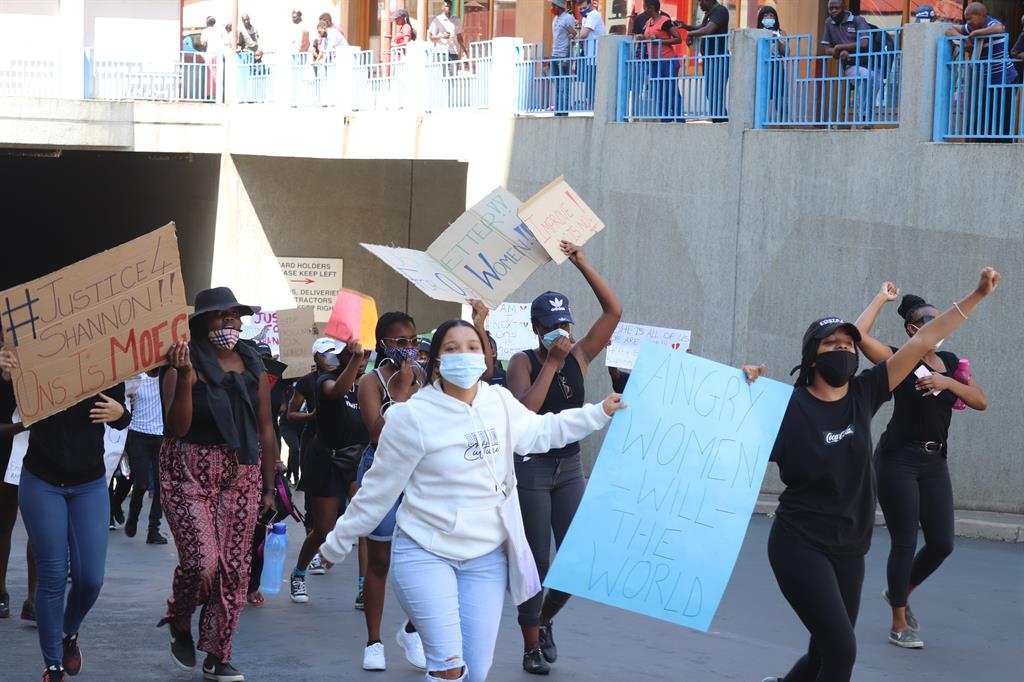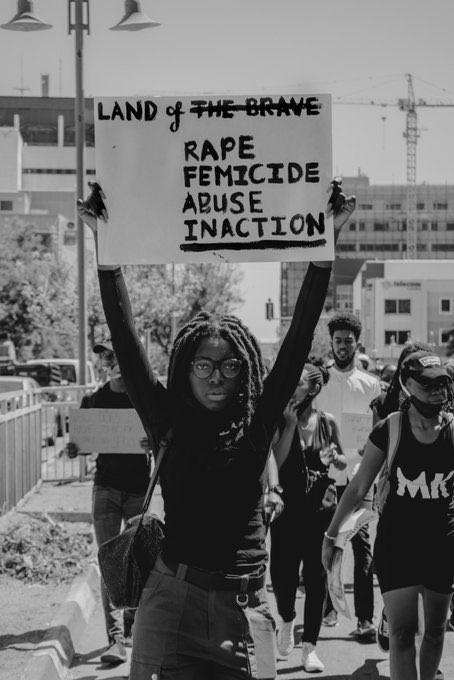‘Ons is moeg’ – a force to be reckoned with
Amplifying the voices and rights of girls everywhere.
Michelline NawatisesPull quote: “We assure the Namibian people that the measures announced as requested for the implementation will be implemented with commitment and expediency.” Saara Kuugongelwa-Amadhila – Prime Minister of Namibia
Girls worldwide are demanding a life free from gender-based violence, access to health, skills, recognition and investment as leaders of social change.
On December 19, 2011, the United Nations General Assembly declared October 11 as the International Day of the Girl Child, to recognise girls’ rights and the unique challenges girls face around the world. The International Day of the Girl Child focuses attention on the need to address the challenges girls face and to promote girls’ empowerment and the fulfilment of their human rights.
Adolescent girls have the right to a safe, educated, and healthy life, not only during these critical formative years but also as they mature into women. If effectively supported during the adolescent years, girls have the potential to change the world – both as the empowered girls of today and as of tomorrow’s workers, entrepreneurs, mentors, household heads, political leaders and mothers.
An investment in realising the power of adolescent girls upholds their rights today and promises a more equitable and prosperous future, one in which half of humanity is an equal partner in solving the problems of climate change, political conflict, economic growth, disease prevention, and global sustainability.
Shut It All Down movement
A large group of young people gathered at Independence Avenue in Windhoek on 8 October to protest against the spike in gender-based crimes in the last few months. This has raised a high level of concern among young Namibians, especially the most affect party, the girl child. The protesters’ emotions have been triggered and have been shouting “ons is moeg” to express their distress after the remains of Shannon Wasserfall, who went missing in April, were discovered by the police on 6 October 2020. It is evident that the most affected party has reached the zenith of frustration.
Rachel Munango, a student activist, says they will not stop until the girl child’s voices are heard and rights are implemented the way it is supposed to. “We will not stop until this blood that is watering the grounds of Namibia is given justice, it is not okay,” she expressed.
Nelago Johannes, who is an influential motivational speaker, mentions that a girl child should not be only celebrated on the 11 October 2020 but also every other day. "The Namibian girl child needs space where they are all enabled and empowered to get access to thing like free pads as some rural areas don’t have access to a healthy hygienic routine," Johannes says.
Earlier this year, Hendrick Olivier, chief inspector of the police’s Gender-based Violence Protection Unit, said that his department receives between 200 and 300 reports of cases under the Domestic Violence Act each month.
Response to issues raised in GBV petition
The petition, which was read by Bertha Tobias, included a list of 24 demands, including that a state of emergency should be declared due to GBV in Namibia. In a petition addressed to the Speaker of the National Assembly, the campaigners called on authorities to declare a state emergency over sexual and gender-based (SGBV); consult with violence SGBV experts to tackle the problem; and prioritise the urgent review of sentencing laws for sex offenders and murderers. They also demanded the resignation of Doreen Sioka, minister of gender equality, poverty eradication and social welfare.
According to Prime Minister Saara Kuugongelwa-Amadhila, the police received 107 403 reports of gender-based violence between 2014 and July 2018. Between January 2019 and June 2020, 1 604 rape cases were reported in Namibia, averaging three rape cases a day in the nation of only 2.5 million people.
She mentioned that the government considers the GBV situation in the county a grave national concern and has adopted national laws, policies and action plans to deal with it as the cabinet has approved the measures.
The points raised included the establishment of courts for sexual and GBV offences; review of sentencing laws for sex offenders and expedition of current and sexual offences; capacitation of forensic investigators and experts.
Kuugongelwa-Amadhila mentioned that the recruitment and training of personnel in the areas of biological trace identification is prioritised starting the financial year.
“We are in full agreement with the public that this situation cannot be allowed to continue,” she said.
She further added that current legal and policy environment will be strengthened to deal with the GBV matters. “We assure the Namibian people that the measures announced as requested for the implementation will be implemented with commitment and expediency,” Kuugongelwa-Amadhila concluded.







Comments
My Zone
No comments have been left on this article